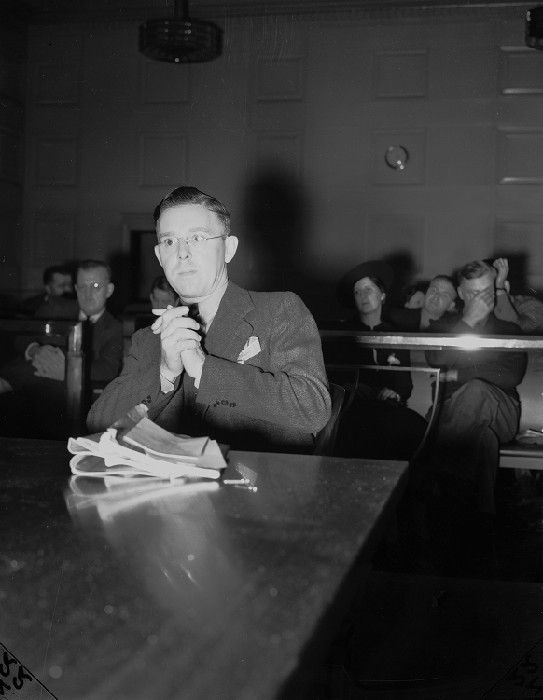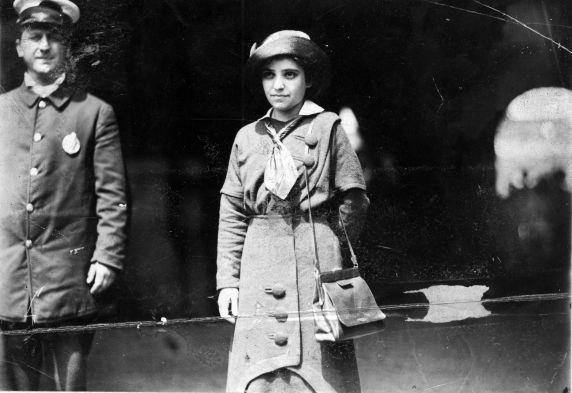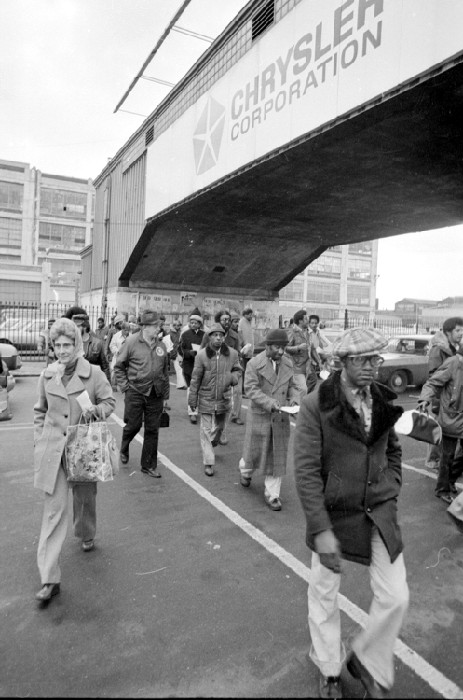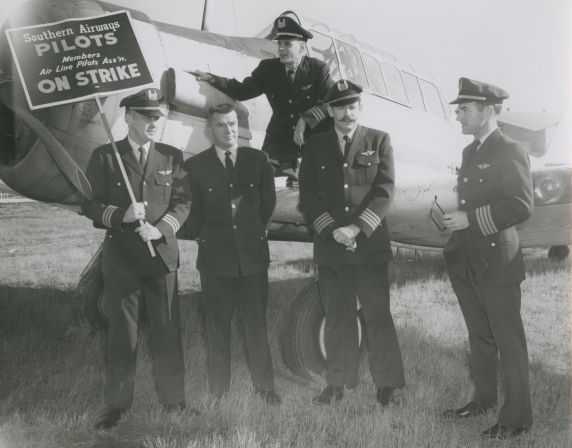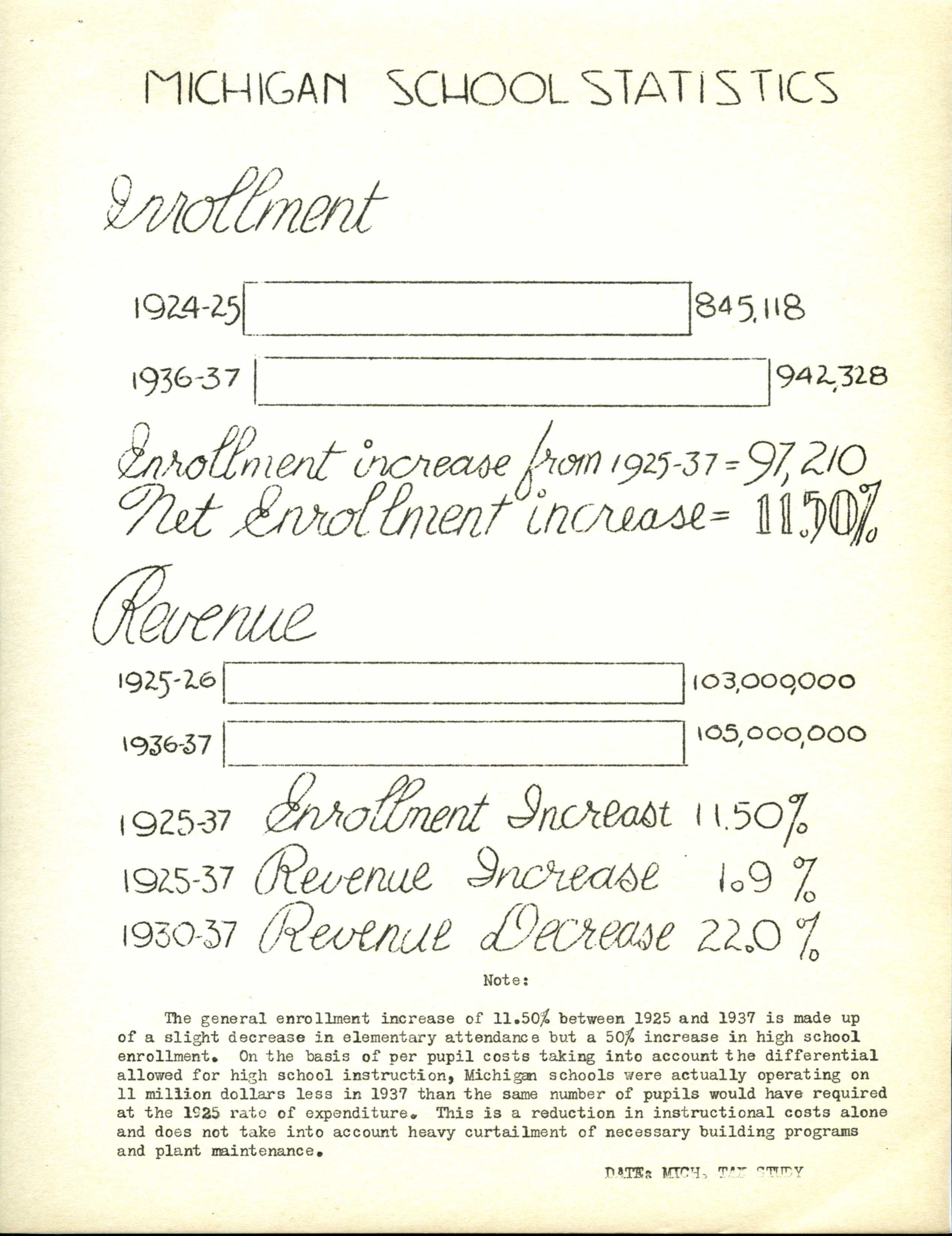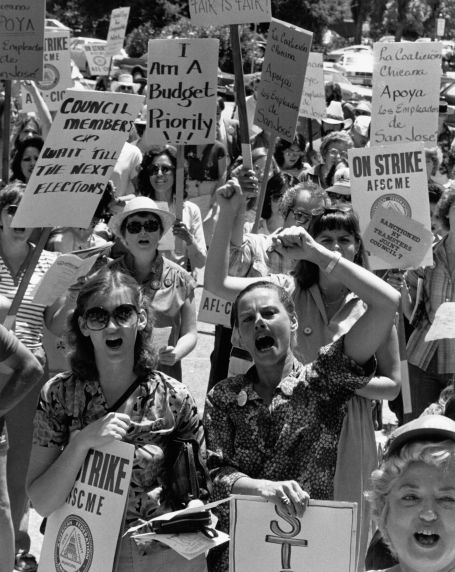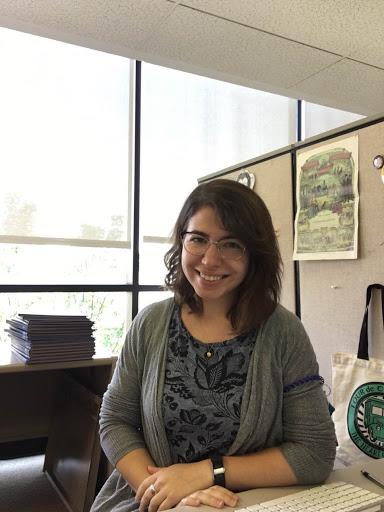After a brief hiatus we’re back! Reuther Library Field Archivist Louis Jones discusses fascinating collections recently opened at the Reuther Library. William Gernaey was hired by Chrysler and Ford in the 1930s and 1940s to infiltrate the Community Party in Michigan, which in turn hired him to spy on local unions. Ramon S. Scruggs, Sr. became the first African American manager at Michigan Bell Telephone Company in 1939, and later at AT&T, and although a conservative he advocated for affirmative action policies to raise opportunities for all African Americans. In 1965 Edward Vaughn opened the nation’s second black bookstore, Vaughn’s Books in Detroit, later represented his community in the Michigan House of Representative for many years, and has been actively involved in the NAACP in Alabama since his retirement. Together, their archival collections add to the Reuther Library’s extensive resources documenting 20th century politics and civil rights in Michigan. Jones is the field archivist for the Walter P. Reuther Library, and received a Ph.D. in history from Wayne State University.
Related Resources
Collection Spotlight: Ramon S. Scruggs, Sr. Papers
Related Collections
William Gernaey Papers
Ramon S. Scruggs, Sr. Papers
Edward Vaughn Papers
Episode Credits
Producers: Dan Golodner and Troy Eller English
Host: Dan Golodner
Interviewee: Louis Jones
Sound: Troy Eller English
Image: William Gernaey, “Communist,” Walter P. Reuther Library, Virtual Motor City Project: vmc26150
With support from the Reuther Podcast Collective: Bart Bealmear, Elizabeth Clemens, Meghan Courtney, Troy Eller English, Dan Golodner, Paul Neirink, and Mary Wallace
Podcast: Play in new window | Download | Embed
Subscribe: Apple Podcasts | RSS | More
